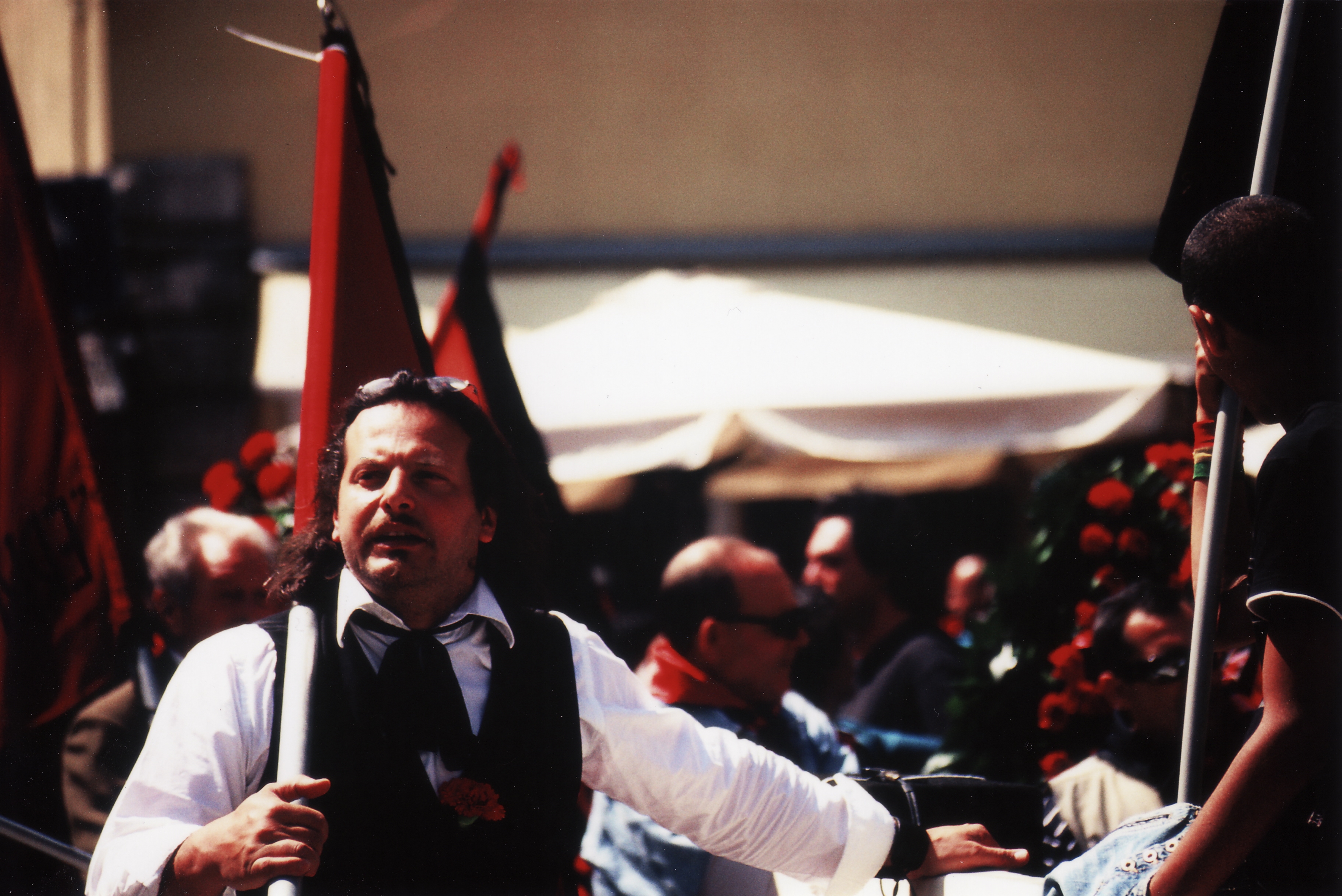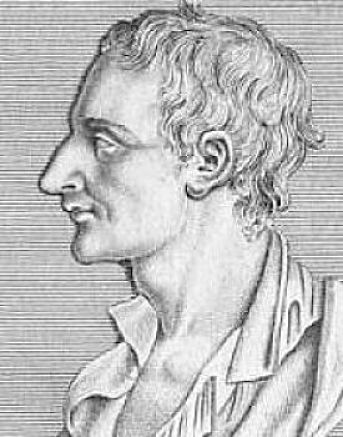|
Benoît Broutchoux
Benedict Broutchoux (7 November 1879 – 2 June 1944) was a French anarchist opposed to the reformist Émile Basly during a strike in the north of France, in 1902. Further reading * * Phil Casoar, Stéphane Callens, ''Les aventures épatantes et véridiques de Benoît Broutchoux'', Humeurs Noires - Centre Culturel Libertaire de Lille, Alternative Libertaire Belgique (Brussels), 1993, . References Broutchouxin the '' EnDehors'' newspaper 1879 births 1944 deaths People from Saône-et-Loire French anarchists Members of the General Confederation of Labour (France) {{Anarchist-stub ... [...More Info...] [...Related Items...] OR: [Wikipedia] [Google] [Baidu] |
French Anarchist
Anarchism in France can trace its roots to thinker Pierre-Joseph Proudhon, who grew up during the Restoration and was the first self-described anarchist. French anarchists fought in the Spanish Civil War as volunteers in the International Brigades. According to journalist Brian Doherty, "The number of people who subscribed to the anarchist movement's many publications was in the tens of thousands in France alone." History The origins of the modern anarchist movement lie in the events of the French Revolution, which the historian Thomas Carlyle characterized as the "open violent Rebellion, and Victory, of disimprisoned Anarchy against corrupt worn-out Authority". Immediately following the storming of the Bastille, the communes of France began to organize themselves into systems of local self-government, maintaining their independence from the State and organizing unity between communes through federalist principles. Direct democracy was implemented in the local districts of each ... [...More Info...] [...Related Items...] OR: [Wikipedia] [Google] [Baidu] |
Émile Basly
Émile Basly (29 March 1854 – 11 February 1928) is one of the great figures of trade unionism in mining in the mineral field of Nord-Pas-de-Calais, France, along with Arthur Lamendin. He is primarily known for his participation in the strike of 1884, when he became known as "the untameable miner" and "the tsar of Lens". He was the inspiration for the character ''Etienne Lantier'' in Émile Zola's novel '' Germinal''.Zola, E. Germinal. trans. MacKenzie, R. 2011. Hackett Publishing Company, Inc. pp. xxii Early years Émile Joseph Basly was born on 29 March 1854 in Valenciennes, Nord. Basly entered mining as a ''galibot'' (minor) at the age of twelve. He was one of the leaders of the 1880 strike at the Compagnie des mines d'Anzin, which led to the creation in 1883 of the Union of Miners (Syndicat des ouvriers mineurs), of which Basly became general secretary. After the creation of the Trade union of the minors of Anzin in 1882, Basly became its secretary, and subsequently its presi ... [...More Info...] [...Related Items...] OR: [Wikipedia] [Google] [Baidu] |
EnDehors
''L'En-Dehors'' (, ''The Outside'') is a French individualist anarchist newspaper, created by Zo d'Axa in 1891. History Numerous activists contributed to the paper, including Jean Grave, Bernard Lazare, Albert Libertad, Octave Mirbeau, Saint-Pol-Roux, Tristan Bernard, Georges Darien, Lucien Descaves, Sébastien Faure, Félix Fénéon, Émile Henry, Camille Mauclair, Émile Verhaeren, and Adolphe Tabarant. When Ravachol was arrested, Zo d'Axa proposed his help to the family and was also arrested. The paper was targeted by the Trial of the Thirty, a show trial of anarchists in France in 1894. In 1922, the second ''En-Dehors'' was published by Émile Armand, whose real name was Ernest Juin. Armand promoted individual freedom, feminism (Emma Goldman), free love and anarchism. Because of World War II, the publication of the ''En-Dehors'' was stopped in October 1939. In 2002, as an anarchist, Libertad organized a new version of the En-Dehors, collaborating with '' Green ... [...More Info...] [...Related Items...] OR: [Wikipedia] [Google] [Baidu] |
1879 Births
Events January–March * January 1 – The Specie Resumption Act takes effect. The United States Note is valued the same as gold, for the first time since the American Civil War. * January 11 – The Anglo-Zulu War begins. * January 22 – Anglo-Zulu War – Battle of Isandlwana: A force of 1,200 British soldiers is wiped out by over 20,000 Zulu warriors. * January 23 – Anglo-Zulu War – Battle of Rorke's Drift: Following the previous day's defeat, a smaller British force of 140 successfully repels an attack by 4,000 Zulus. * February 3 – Mosley Street in Newcastle upon Tyne (England) becomes the world's first public highway to be lit by the electric incandescent light bulb invented by Joseph Swan. * February 8 – At a meeting of the Royal Canadian Institute, engineer and inventor Sandford Fleming first proposes the global adoption of standard time. * March 3 – United States Geological Survey is founded. * March 11 – Th ... [...More Info...] [...Related Items...] OR: [Wikipedia] [Google] [Baidu] |
1944 Deaths
Events Below, the events of World War II have the "WWII" prefix. January * January 2 – WWII: ** Free France, Free French General Jean de Lattre de Tassigny is appointed to command First Army (France), French Army B, part of the Sixth United States Army Group in North Africa. ** Landing at Saidor: 13,000 US and Australian troops land on Papua New Guinea, in an attempt to cut off a Japanese retreat. * January 8 – WWII: Philippine Commonwealth troops enter the province of Ilocos Sur in northern Luzon and attack Japanese forces. * January 11 ** President of the United States Franklin D. Roosevelt proposes a Second Bill of Rights for social and economic security, in his State of the Union address. ** The Nazi German administration expands Kraków-Płaszów concentration camp into the larger standalone ''Konzentrationslager Plaszow bei Krakau'' in occupied Poland. * January 12 – WWII: Winston Churchill and Charles de Gaulle begin a 2-day conference in Marrakech ... [...More Info...] [...Related Items...] OR: [Wikipedia] [Google] [Baidu] |
People From Saône-et-Loire
A person ( : people) is a being that has certain capacities or attributes such as reason, morality, consciousness or self-consciousness, and being a part of a culturally established form of social relations such as kinship, ownership of property, or legal responsibility. The defining features of personhood and, consequently, what makes a person count as a person, differ widely among cultures and contexts. In addition to the question of personhood, of what makes a being count as a person to begin with, there are further questions about personal identity and self: both about what makes any particular person that particular person instead of another, and about what makes a person at one time the same person as they were or will be at another time despite any intervening changes. The plural form "people" is often used to refer to an entire nation or ethnic group (as in "a people"), and this was the original meaning of the word; it subsequently acquired its use as a plural form of per ... [...More Info...] [...Related Items...] OR: [Wikipedia] [Google] [Baidu] |
French Anarchists
Anarchism in France can trace its roots to thinker Pierre-Joseph Proudhon, who grew up during the Bourbon Restoration in France, Restoration and was the first self-described anarchist. French anarchists fought in the Spanish Civil War as volunteers in the International Brigades. According to journalist Brian Doherty (journalist), Brian Doherty, "The number of people who subscribed to the anarchist movement's many publications was in the tens of thousands in France alone." History The origins of the modern anarchist movement lie in the events of the French Revolution, which the historian Thomas Carlyle characterized as the "open violent Rebellion, and Victory, of disimprisoned Anarchy against corrupt worn-out Authority". Immediately following the storming of the Bastille, the communes of France began to organize themselves into systems of local self-government, maintaining their independence from the State and organizing unity between communes through Federalism, federalist princ ... [...More Info...] [...Related Items...] OR: [Wikipedia] [Google] [Baidu] |



_1938.jpg)
